GOAL has a strong commitment to learning and knowledge sharing and takes an integrated, systems approach to our work, recognising that single solutions are rarely adequate to deal with the complexity of the challenges faced.
Underpinning this approach is a focus on the development of our monitoring, evaluation accountability, and learning activities, using the evidence and data from our programme work to inform our strategy, decision making and contribution to the wider field of humanitarian and development work.
As part of our approach to learning and knowledge sharing, GOAL publishes a selection of its most important learning documents, reports and evaluations online, demonstrating programmatic achievements and learnings, and evidence of transformative change across our programmes.
Where We Work

Impact in Numbers
13
countries of operation
14.6 million
people supported globally
3.6 million
benefited from access to safe water
2.2 million
people reached through emergency response
Search GOAL Evaluations & Learnings
Filter By
Document
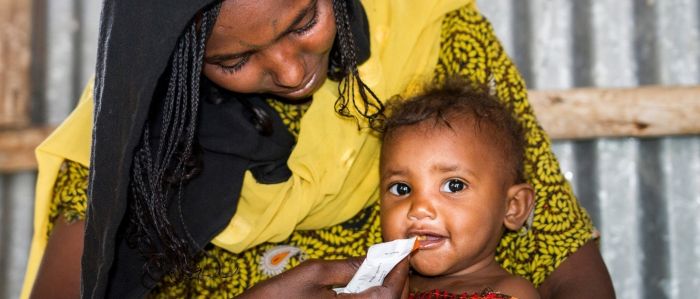
Strengthening implementation of integrated care for small and nutritionally at-risk infants under six months (2024)
Download
Carers’ and health workers’ perspectives on malnutrition in infants aged under six months in rural Ethiopia (2022)
Download
Malnutrition in Infants Aged under 6 Months Attending Community Health Centres A Cross Sectional Survey (2021)
Download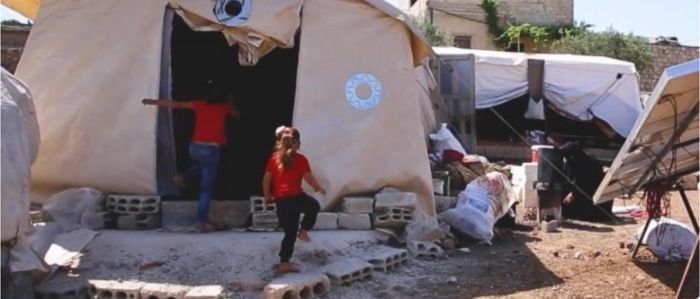
Measuring Graduation out of Humanitarian Assistance in Afrin, NW Syria (2024)
Download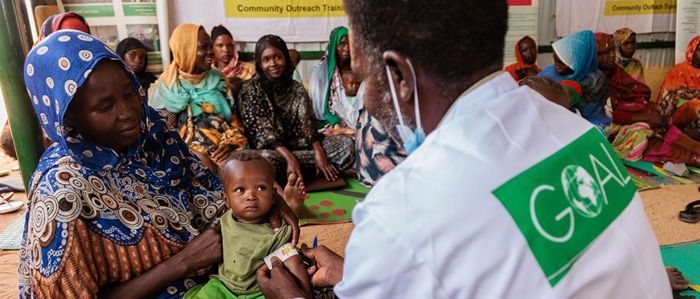
Trialling a multi-mid-upper-arm circumference (MUAC) tape to screen at-risk infants in East Africa (2024)
Download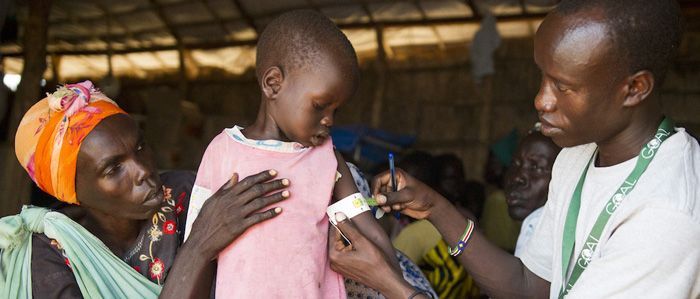
Nutrition Impact and Positive Practice (NIPP) Profile (2024)
Download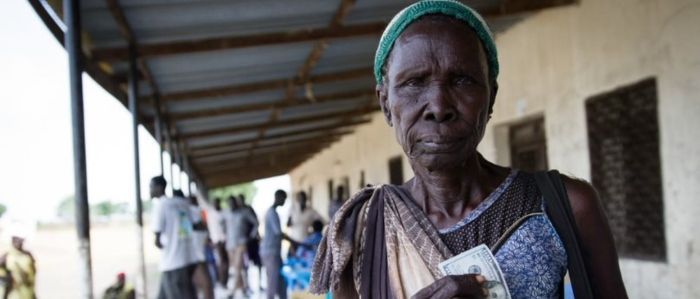
GOAL’s Strategic Ambition in Cash & Vouchers Assistance (2024)
Download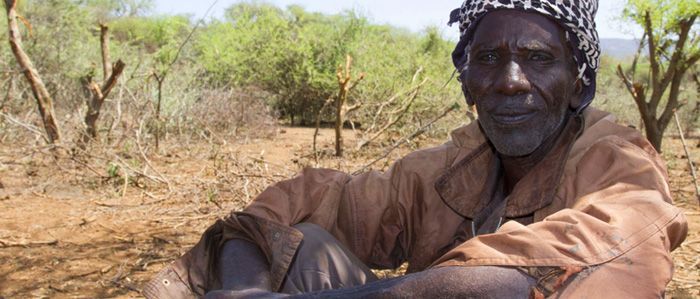
Market Systems Development for Small Scale Farmers in Niger (2024)
Download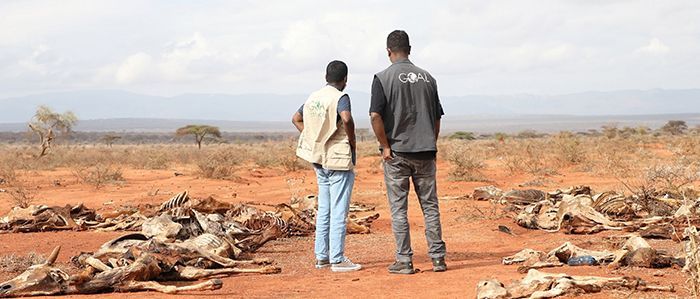
Responding to Crisis Using Market-Facing Approaches in Southern Ethiopia (2024)
Download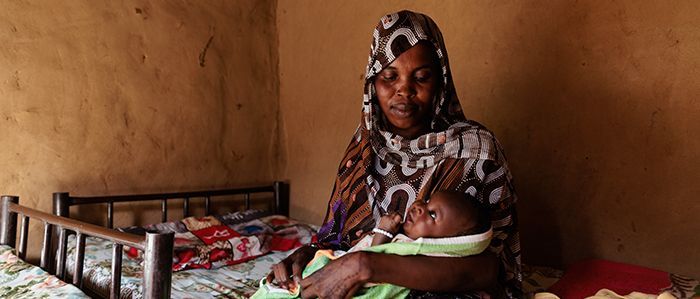
Humanitarian Development Peace Nexus: Strengthening a Decentralized Health System for Protracted Displaced Population in Sudan (2023)
Download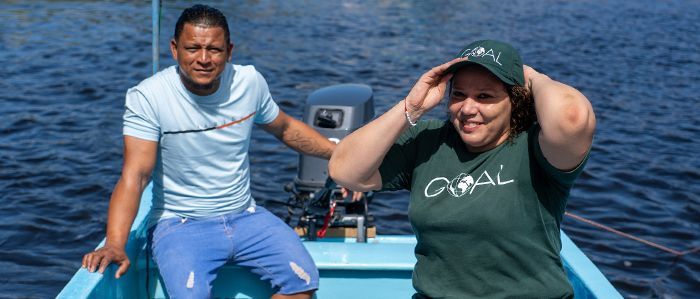
Food Security Evaluation of GOAL’s Blue Economy (2023)
Download
Final Evaluation of the ChildSPACE Project (2018-2022)
DownloadEvidence-based learning and accountability
GOAL is committed to having a culture of evidence-based learning and accountability. We have strong and robust Monitoring, Evaluation, Accountability and Learning (MEAL) functions at HQ and country levels to support this.
The MEAL function systematically tracks and reports programme results to GOAL and our donors as well as supporting evidence-based strategic planning, innovation and organisational growth and adaption. MEAL drives programme quality through a mix of result-based and adaptive management, enabling the most effective use of funds to address the challenges facing vulnerable communities.
We welcome queries and comments on these or any of our wider work. To get in touch, please email info@goal.ie

